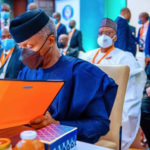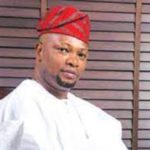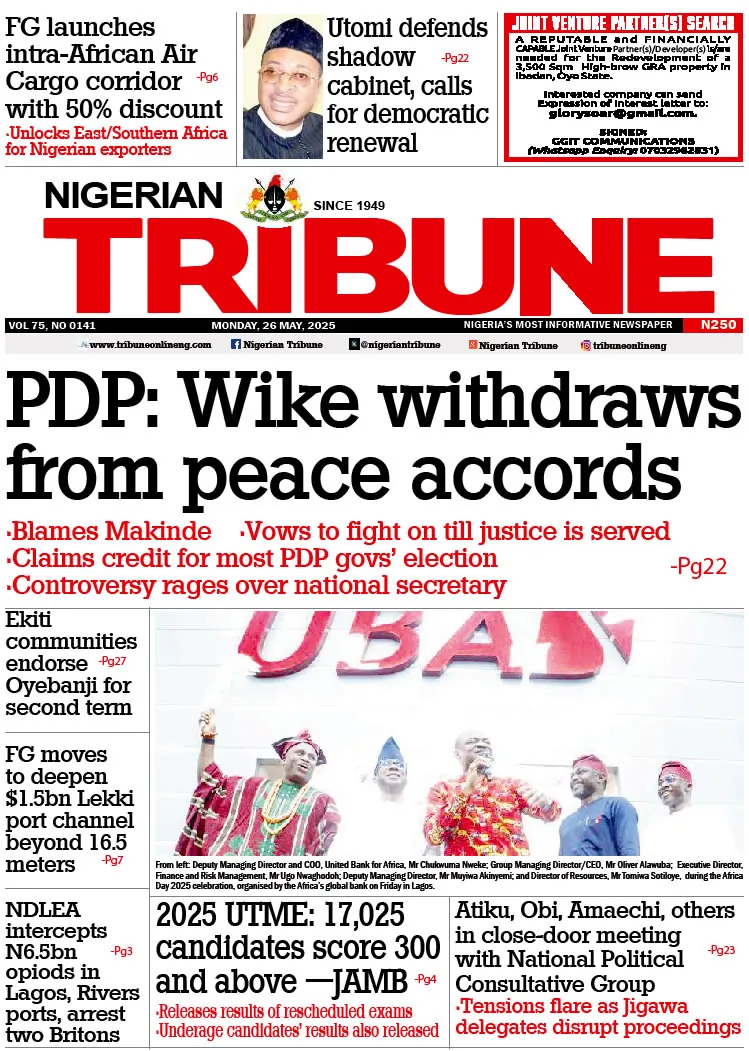As part of the build-up to the 2023 elections, political parties are engaged in the process of nominating candidates for elective positions in government. For some of the parties which have not filled party offices, the process must begin with the national convention to elect party officials who will in turn oversee the nomination process. Thus, across the various parties, individuals have been invited to express interest in contesting for party positions or signify interest in being nominated as candidates for elective positions in government. One outstanding feature of the unfolding process is the exorbitant and prohibitive non-refundable fees being demanded from aspirants.
In the All Progressives Congress (APC), those aspiring to the position of party chairman were asked to pay N20 million and those interested in the deputy national chairmanship positions ₦10 million, while the forms for the National Working Committee (NWC) positions cost N5 million, and the National Executive Committee (NEC) positions N1 million. Forms for other positions at the zonal level, with the exception of the National Vice Chairman, who is also a member of the NWC, are up for N500,000. However, there is a reduced fee of 50 percent for various positions for women and people living with disability. The Peoples Democratic Party (PDP) has fixed N40 million as the cost of the forms expected to be purchased by its presidential aspirants. This sum consists of the Expression of Interest Form (N5 million) and the Nomination Form (N35 million).
The current fees by the PDP for presidential aspirants are a far cry from the 2019 fees which were considered too high for a middle-class Nigerian to afford. The PDP had charged ₦12 million for the Expression of Interest and Nomination forms for presidential aspirants. The All-Progressives Congress (APC), which was the ruling party then, pegged the cost of Nomination and Expression of Interest forms for the Presidency at N45 million while the cost of Nomination and Expression of Interest forms for the gubernatorial seat was put at N22.5 million. For a senatorial ticket, an aspirant paid N1m for the Expression of Interest form and N6m for the Nomination Form. The sum of N3.5m for the Nomination Form and N350,000 for the Expression of Interest Form was collected from aspirants to the House of Representatives. An aspirant to a state House of Assembly post paid N850,000, including N100,000 for the Expression of Interest Form and N750,000 for the Nomination Form.
In 2019, the APC’s forms for presidential aspirants were more expensive than these of the PDP by a wide margin. As the PDP has charged N40 million this time, the APC might opt for as much as N100 million this year. The 2019 fees constituted enough disincentives for the average middle class citizen’s income. Yet the fees being charged ahead of 2023 are proving to be so high that they will foreclose participation by many party members who will certainly not be able to afford them. Indeed, only money-bags or politicians who have had a chance to pillage public funds will be able to purchase the forms. As expected, former governors, ministers and other highly exposed politicians, as well as former civil servants who had access to public till, are those reported to have purchased the forms. The outrageous fees will deny young, vibrant, visionary and promising Nigerians access to the forms and thereby prevent them from running for elective positions through the major parties. Whereas under this APC government, the Not-too-Young-to-run Act was enacted, the high fees undermine the incentives provided by the law to encourage younger people to join the contest for elective positions.
What is more, since aspirants have spent such huge sums, losing the primaries means losing the huge sums invested in purchasing the forms. To avoid such an outcome, they will spend more money and employ unholy means to ensure victory in a contest that is essentially a zero-sum game. This has always manifested in the recurring crises that follow party primaries in Nigeria. Political parties’ primaries have often ended in crisis and litigations, with several parties conducting multiple primaries simultaneously, ultimately leading to schisms. The scandalous fees, therefore, undermine democratic participation and intensify competition within the parties, leading to fractionalisation, schism and party fragility. That is why old faces continue to be recycled in government and it will remain so in the foreseeable future.
Democracy is directly threatened by the undue monetisation of the process. It tells on the character of Nigeria’s political parties which have been reduced to mere election-winning machines, with politicians defecting from one party to the other in search of platforms on which to contest elections. Although the Electoral Act and the Constitution make provisions to reduce the influence of money in politics, the focus has been limited to campaign finance, for which ceilings have been set. Perhaps the time has come to extend this ceiling to the purchase of nomination forms. The Constitution provides strict regulations for the funding of political parties. Exorbitant nomination fees go contrary to the spirit of the 1999 Constitution and the Electoral Act regarding the role of money in politics.
Historically, Nigeria made serious efforts to enhance participation in the organisational life of political parties by striving to prevent them from being owned or hijacked by moneybags. Under the Ibrahim Babangida regime, the government set up and financed two political parties where members would be co-founders and co-joiners. This was done to wean political parties off godfathers and moneybags. However, the effort failed. The government admitted that the influence of money in politics, especially in deciding party primaries, did not wane. The high monetary investment in electoral contests right from the time aspirants show interest in elective positions leads to desperation, electoral malpractices and vote buying. The legitimacy of the outcome of elections in such an environment is undermined.
We call on politicians, party leaders and candidates to revisit the question of money in politics, especially the excessive monetisation of elections. It is not good for free, fair and credible elections. It stultifies the institutionalisation of political parties and prevents them from presenting their most qualified candidates. A positive step in reducing the influence of money in politics is to expand the space of participation by reducing nomination fees.
YOU SHOULD NOT MISS THESE HEADLINES FROM NIGERIAN TRIBUNE
We Have Not Had Water Supply In Months ― Abeokuta Residents
In spite of the huge investment in the water sector by the government and international organisations, water scarcity has grown to become a perennial nightmare for residents of Abeokuta, the Ogun State capital. This report x-rays the lives and experiences of residents in getting clean, potable and affordable water amidst the surge of COVID-19 cases in the state…Political parties Political parties
Selfies, video calls and Chinese documentaries: The things you’ll meet onboard Lagos-Ibadan train
The Lagos-Ibadan railway was inaugurated recently for a full paid operation by the Nigerian Railway Corporation after about a year of free test-run. Our reporter joined the train to and fro Lagos from Ibadan and tells his experience in this report…Political parties Political parties






